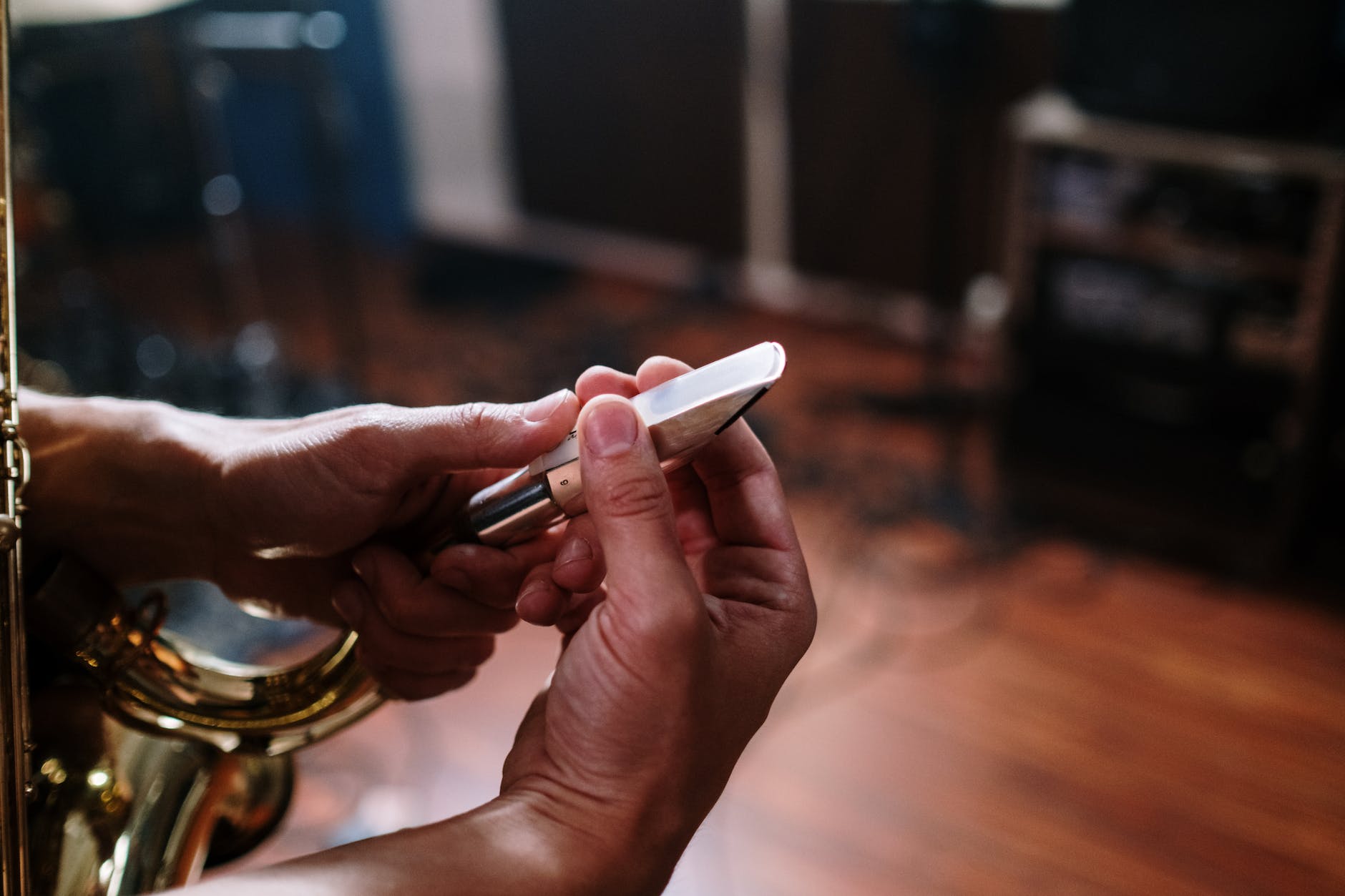So you bought a new mouthpiece! How exciting. But wait—it’s not playing as well as you hoped. Maybe it squeaks, or some (or all) notes don’t come out very well, or the tuning is weird. Let’s consider some possible reasons why:
- First, it’s always a good idea to review the fundamentals of tone production: breath support, voicing, and embouchure. Those things probably didn’t really change when you got a new mouthpiece, but maybe the old one was more forgiving of some weaknesses in your technique, and the new one is revealing those issues.
- A new mouthpiece is likely to require a different reed than the old mouthpiece. Try some harder or softer reeds and see if your results change. In general, a mouthpiece with a larger tip opening tends to like a softer reed, and a smaller opening works better with a harder reed. But it’s more complicated than that, and the only way to really know which strength, cut, brand, etc. will work best is to try them out. (Some mouthpiece makers do suggest reeds that go well with their mouthpieces, but your results may vary.)
- Also: even if your new mouthpiece is compatible with the reeds you have been buying, ones that you previously used on the old mouthpiece may have kind of molded to the old mouthpiece. Try some fresh ones.
- Not all mouthpieces are created equal, even mouthpieces of the same brand and model. This can be due to hand-finishing or other manufacturing variables. It’s possible that the one you got isn’t as good as the one that your friend or teacher or favorite professional player uses. If possible, it’s worth trying several before you pick one. And especially with older or used mouthpieces, they can warp or otherwise change shape in small ways, and that can change their playing characteristics and ability to mate well with a reed.
- Let’s consider one more hard truth: if you bought a mouthpiece never having played on it (or at least one like it) before, you may have picked something that just isn’t going a good match for you. It’s easy to get caught up in the promises in advertising copy or on product websites, or to assume that your favorite player’s mouthpiece will be suited to your equipment and playing style. Some mouthpieces are made for extreme or unusual reed choices, embouchures, or playing situations, but most players benefit from a relatively middle-of-the-road mouthpiece. And, of course, some mouthpieces just aren’t as good as advertised at all. Your best bet might be to return or sell the new mouthpiece, and invest instead in lessons with a good teacher who can either guide you in a better-informed purchase, or help you get the results you want out of a mouthpiece you already have.
A good rule of thumb is that a mouthpiece can’t give you skills, talent, or creativity. It can only remove, or add, obstacles to tone production. Pick a mouthpiece that makes it easier for you to do what you do, and get some help from a qualified teacher if needed. Good luck!


Leave a Reply